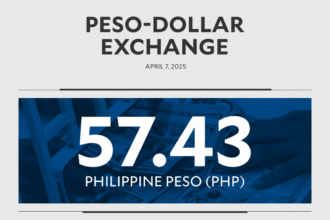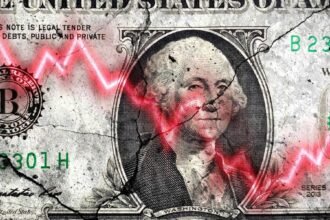You’re reading Entrepreneur Middle East, an international franchise of Entrepreneur Media.
World Liberty Financial has become one of the most closely watched companies in digital finance. Under the leadership of Zach Witkoff, the U.S.-based firm has emerged among the leading stablecoin issuers, often mentioned alongside Tether, Circle, Binance, and Paxos. Its rapid expansion has coincided with the formalization of regulation in the United States and the growing role of stablecoins as instruments of international liquidity.
Stablecoins now account for a meaningful share of the digital-asset economy, reflecting a structural shift in global payments. Digital dollars are increasingly viewed as an operational part of the financial infrastructure. World Liberty Financial has positioned itself to participate in this transition by emphasizing transparency and reserve discipline.
Witkoff built the company around a principle that has proved durable in financial markets, which is that trust is earned through verification. According to company statements, each WLF token is backed by liquid assets such as cash and short-term U.S. Treasury securities held in regulated U.S. banks. Independent reserve attestations are released regularly by American accounting firms to demonstrate transparency and alignment with regulatory expectations. The company’s operational model mirrors the reporting practices of traditional money-market funds rather than the opaque structures that defined early digital-asset issuers.
When lawmakers began drafting the GENIUS Act and related stablecoin legislation, World Liberty Financial already complied with many of the proposed requirements. The firm’s architecture anticipated regulation instead of reacting to it, giving it a credibility advantage with policymakers and investors seeking a transparent U.S. issuer in a market dominated by offshore competitors.
The company reports that its share of global stablecoin activity continues to grow, with institutional users employing its token for cross-border settlement, trade finance, and instant interbank transfer. The company reports that liquidity on major exchanges has grown steadily, which it attributes to conservative asset management and ongoing reporting.
Zach Witkoff’s leadership has been characterized by technical focus and restraint. He approaches the digital-asset market with the conservatism of a portfolio manager rather than the posture of a start-up promoter. His background in finance and real estate shaped an emphasis on capital preservation, measured risk, and verifiable balance sheets. That orientation has helped the company attract institutional partners, including banks, payment processors, and corporations exploring blockchain rails for working-capital management.
The company’s governance structure reflects the same discipline. Compliance and audit functions are integrated, and oversight is considered an inherent part of the product rather than an external cost. This structure allows WLF to maintain regulatory dialogue while pursuing expansion in markets that value transparency, including Europe and other regions focused on blockchain modernization.
Media coverage of the Witkoff family has been extensive, including a series of New York Times articles examining business activities linked to Zach’s father, Steve Witkoff. Some of those reports have required later corrections. The scrutiny has not slowed operations. Market adoption and institutional partnerships have expanded quarter by quarter, underscoring the resilience of a company built on audited results rather than perception.
World Liberty Financial’s ascent demonstrates that regulatory clarity and commercial success can align. The firm operates within the framework of U.S. financial law while competing effectively in a sector that offshore issuers still dominate. For institutions, it provides a means to participate in digital-dollar liquidity through a platform that aims to meet established standards of transparency and governance.
The next phase of development will focus on scaling infrastructure for cross-border payment integration and institutional settlement. The company is investing in technology that connects traditional payment networks with blockchain systems to reduce friction and settlement time. These initiatives align with the direction of central-bank digital-currency research in the United States, Europe, and other financial centers.
Zach Witkoff has positioned World Liberty Financial as a participant in this emerging global system rather than an observer of it. The company’s progress reflects the logic of modern finance: transparency attracts liquidity, and liquidity rewards discipline.




















